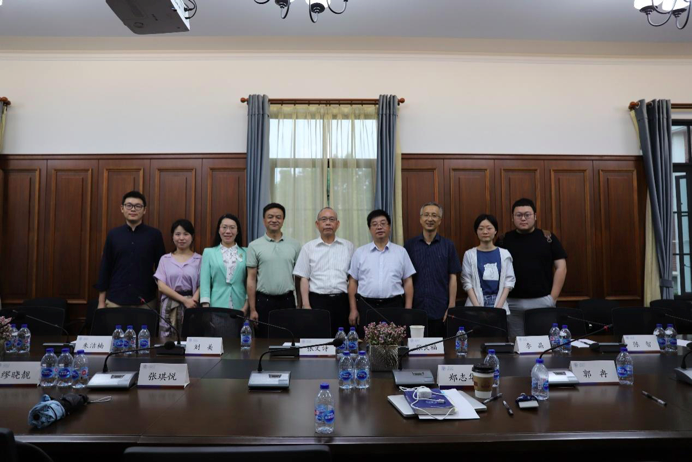In the afternoon of June 18, 2021, the fourth lecture of the series of lectures "Asian Ocean Policy" by the Japan Research Center of Shanghai Jiao Tong University, "Rules Construction and Crisis Management in the Marginal Sea of East Asia", was successfully held in Conference Room 206 on the fourth floor of the north of Xuhui Campus. Zhang Liangfu, Professor of the Law School of Hainan University and Executive Deputy Director of the South China Sea Policy and Law Research Center of Hainan Province, served as the keynote speaker. Zheng Zhihua, Associate Researcher of the Japan Research Center of Shanghai Jiao Tong University, hosted the lecture. Zhang Wenshi, Director of the Marine Development Strategy Research Center of Shanghai Jiao Tong University, and Li Jing, Researcher, Jin Yongming, Professor of the Ocean University of China, and Zhang Qiyue, Assistant Researcher of the Shanghai Institute of International Studies were also invited to the lecture Dr. Huang Yan, lecturer of East China University of Political Science and Law, Dr. Liu Mei, East China University of Political Science and Law, and Miao Xiaoliang, doctoral student of Shanghai Jiaotong University were the interviewees. In addition, experts, scholars and graduate students from other colleges and universities participated in the report meeting.
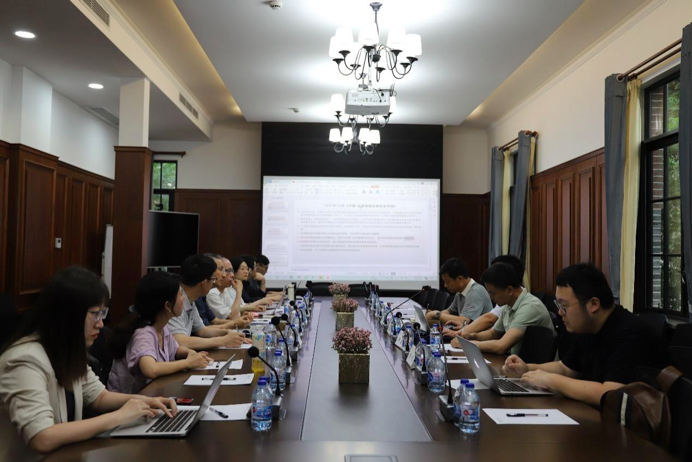
Associate Researcher Zheng Zhihua first introduced Professor Zhang Liangfu, especially his rich practical experience and outstanding academic influence, and extended a warm welcome to Professor Zhang and all the teachers and students present. Zheng Zhihua said that maritime affairs at the edge of East Asia are closely related to China's sovereignty, security and development interests. Maintaining peace and stability in the marginal seas of East Asia, avoiding miscalculation, reducing confrontation, and managing and controlling crises are related to the development interests and well-being of countries and people in the region. How to abandon disputes, build consensus, focus on cooperation, and commit to building regional rules and order is of great significance for controlling disputes in the East Asian marginal sea. But the problem lies in who rules, who makes them, how to create them, how to deal with the relationship between universal rules and regional rules, and the relationship between countries outside the region and countries within the region. He believed that Mr. Zhang's lecture would certainly enlighten everyone's thinking on these issues.
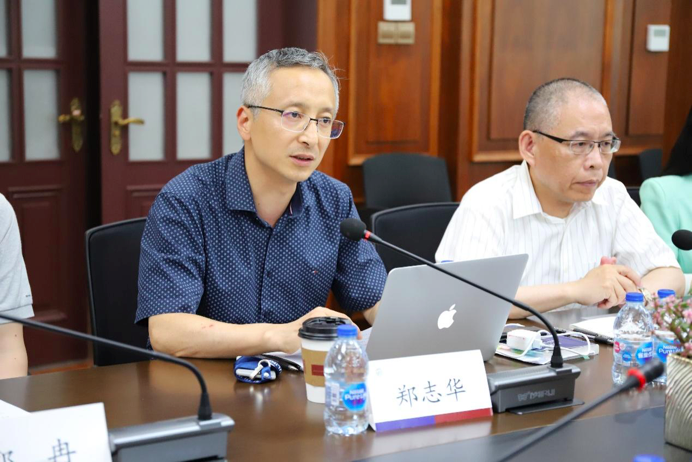
Professor Zhang Liangfu comprehensively and deeply described the issues related to rule construction and crisis management in the East Asian marginal seas from three aspects: "the origin of the South China Sea Code of Conduct issue and the consultation process - declaration, guidelines, interpretation of the code text", "the relationship between the legal binding issue of the code and regional rules", and "the assumption of the East China Sea Code of Conduct". First of all, he combed the origin and consultation process of the South China Sea Code of Conduct from a historical perspective, and specifically pointed out that China and ASEAN countries, rather than China and ASEAN, were the founders of the Code of Conduct in the South China Sea. Secondly, he made a comprehensive analysis of the single consultative text of the "Guidelines", especially on the more controversial issues, such as the scope of application, dispute settlement methods, the status of extraterritorial countries, the content and methods of cooperation, the specific content of prohibited or restrictive activities, the legal status of the Guidelines, and so on. He pointed out that due to China's weak voice and the lack of an objective, fair and friendly public opinion environment, on the one hand, ASEAN related countries are trying to "stick together with me", and on the other hand, countries outside the region are trying to interfere with the negotiation process and control the direction of the negotiations. How to properly deal with such censure and interference is crucial to the successful negotiation of the Guidelines. He put forward relevant suggestions on the above-mentioned issues and looked forward to the opportunities and challenges of the future "Guidelines" consultation. He pointed out that the legal status of the South China Sea Code of Conduct should be handled with a pragmatic and open mind; Try to eliminate the adverse effects of illegal adjudication; Consider different stakeholders and treat them differently to properly handle differences. Finally, he made a comprehensive summary of the rule building and crisis management and control issues in the East Asian marginal sea, especially in the light of the East China Sea and the Diaoyu Islands issues between China and Japan, and proposed the necessity, feasibility, and related foundations and challenges of formulating the East China Sea Code of Conduct.
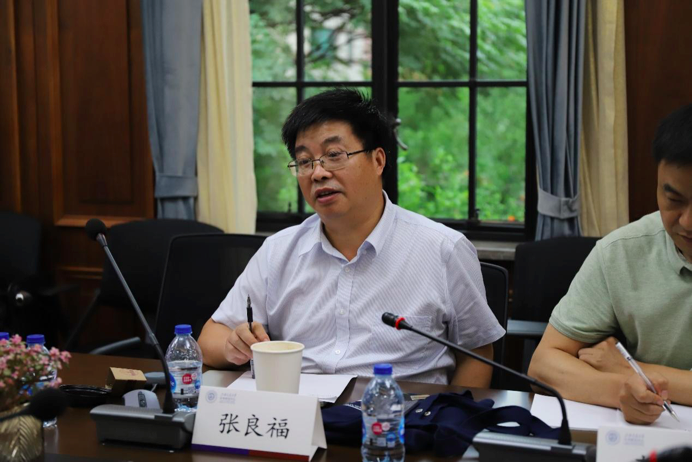
In the review stage, Director Zhang Wenshi pointed out that China should further enhance its international voice, strengthen the construction of islands and reefs in the South China Sea, and strengthen the military force system in combination with the practice of rights protection in the South China Sea. In particular, we should properly handle the relevant issues of the South China Sea Code of Conduct based on strategic planning, with a view to maximizing national interests, with a view to the long term, and with a view to assessing the situation.
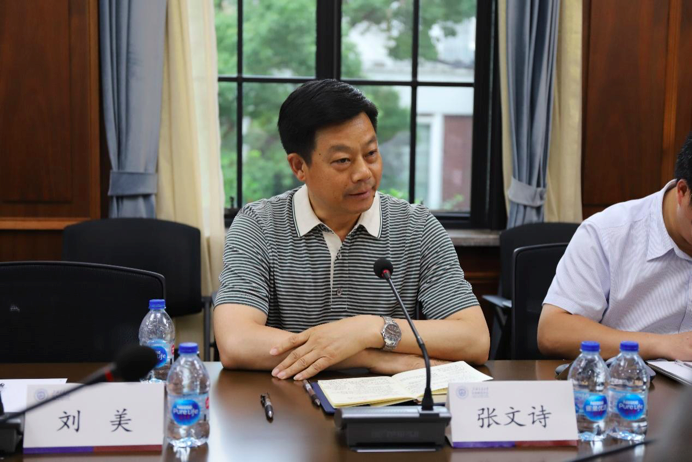
Researcher Li Jing believes that the first thing we need to reflect on is the purpose of formulating "guidelines". He believed that the "Code" itself and its significance were political, and its purpose was to serve China's strategic objectives, especially in response to interference from external forces. In addition, we should strive to dominate the pace of "guidelines" negotiation and formulation according to our needs, and finally form a favorable situation for our country.
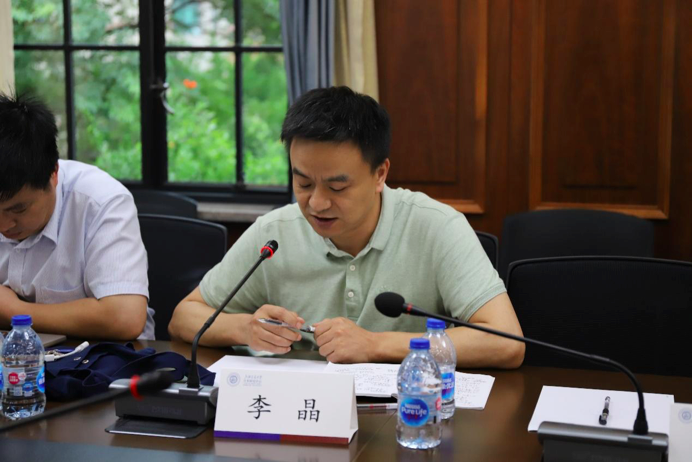
Professor Jin Yongming believes that it is necessary to attach great importance to the study of the integration of the South China Sea issue, dynamically adjust the South China Sea policy, reduce confrontation, and increase effective competition and cooperation. At present, it is still an important task to eliminate the negative impact of the South China Sea arbitration case. He hoped to promote the formation of the "Code" text through theory serving practice, and enhance the predictability of all parties' behavior in the South China Sea. In this process, we should attach importance to strengthening national capacity building and modernizing the governance system and capacity.
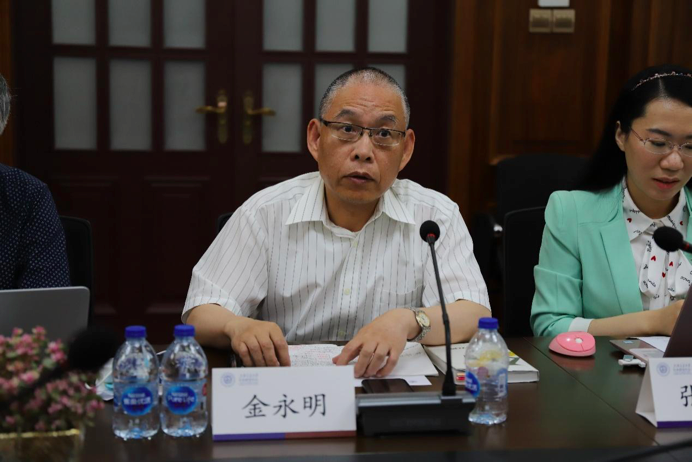
Dr. Zhang Qiyue believes that the consultation on the "Guidelines" text has resumed and is moving towards a more efficient direction. However, on the other hand, the United States has become more diversified in the form of participating in the negotiation of the guidelines, which has caused great pressure for China to safeguard its rights and stability. Regional rules should be based on universal rules to avoid conflicts between legal rules, and can be incorporated into other international norms to improve the text of the "Code".
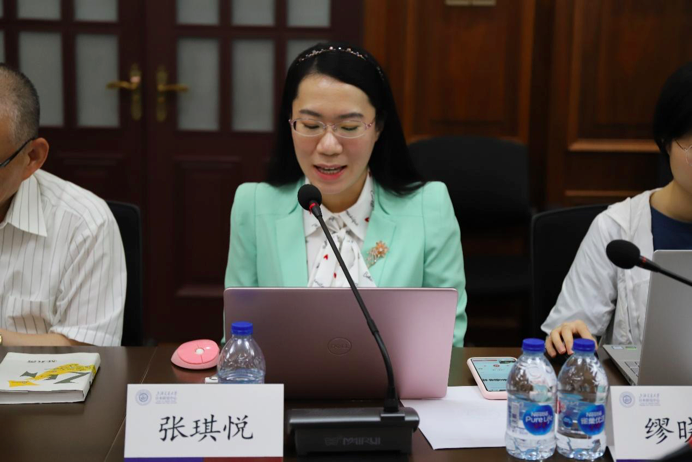
Dr. Huang Yan believes that how to define the legal and political significance of the "Code" deserves international jurists to think deeply. It may not be a scientific attitude to unilaterally emphasize the legal nature of "norms" and ignore the political nature of "norms", or to unilaterally emphasize the political nature of "norms" and ignore the legal nature of "norms". From the perspective of international politics, there is no absolute relationship between the formulation of international rules and national strength, and it is often different depending on the field.
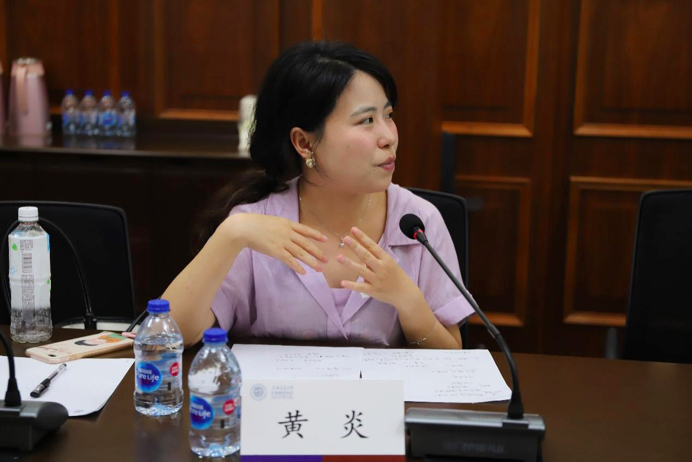
Based on her own research on maritime military activities, Dr. Liu Mei pointed out that, as a tool of maritime competition against China, the United States' "gray zone operations" in the South China Sea largely took advantage of the fuzziness of the United Nations Convention on the Law of the Sea. We should use the "Code" to respond to the "gray zone action" of the United States in the South China Sea, strengthen the enforcement of rights in the South China Sea, and at the same time avoid losing control of conflicts and stabilize the situation in the South China Sea.
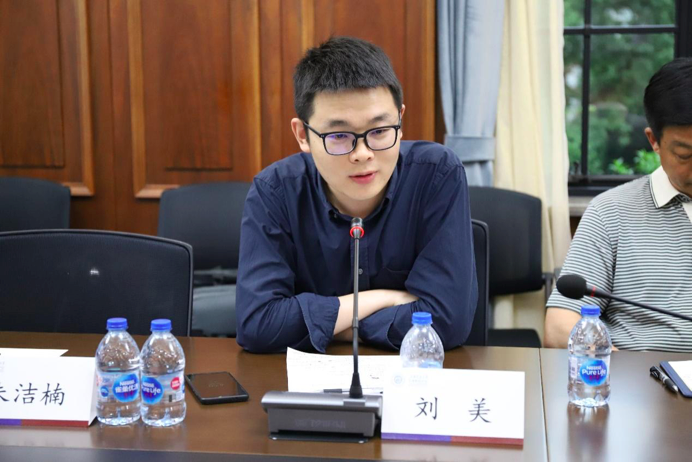
Miao Xiaoliang, a doctoral student, pointed out that the "Code" can become a framework rule for China to govern the South China Sea issue. With the help of consultations and negotiations on the "Guidelines", we will strengthen cooperation in low sensitive areas such as marine environment between China and ASEAN countries, and promote China to reach more concrete and practical cooperation programs with its neighboring countries.
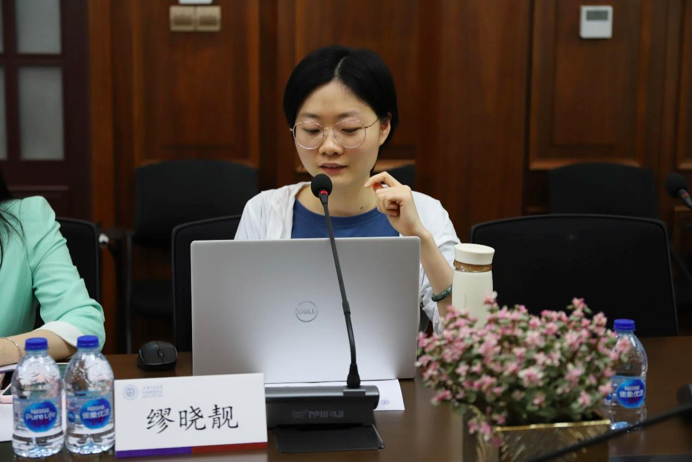
Later, Professor Zhang Liangfu made detailed responses to the questions and comments of the interviewees. Finally, Zheng Zhihua pointed out that the formulation of regional rules should properly handle the relationship between generality and particularity, universality and locality, especially considering the historical and cultural traditions of the region, instead of blindly falling into the western discourse logic. He expressed his heartfelt thanks to Professor Zhang and his guests for their wonderful speeches, and looked forward to your continued attention to the lecture series on Asian Ocean Policy of the Japan Research Center of Jiaotong University in the future.
